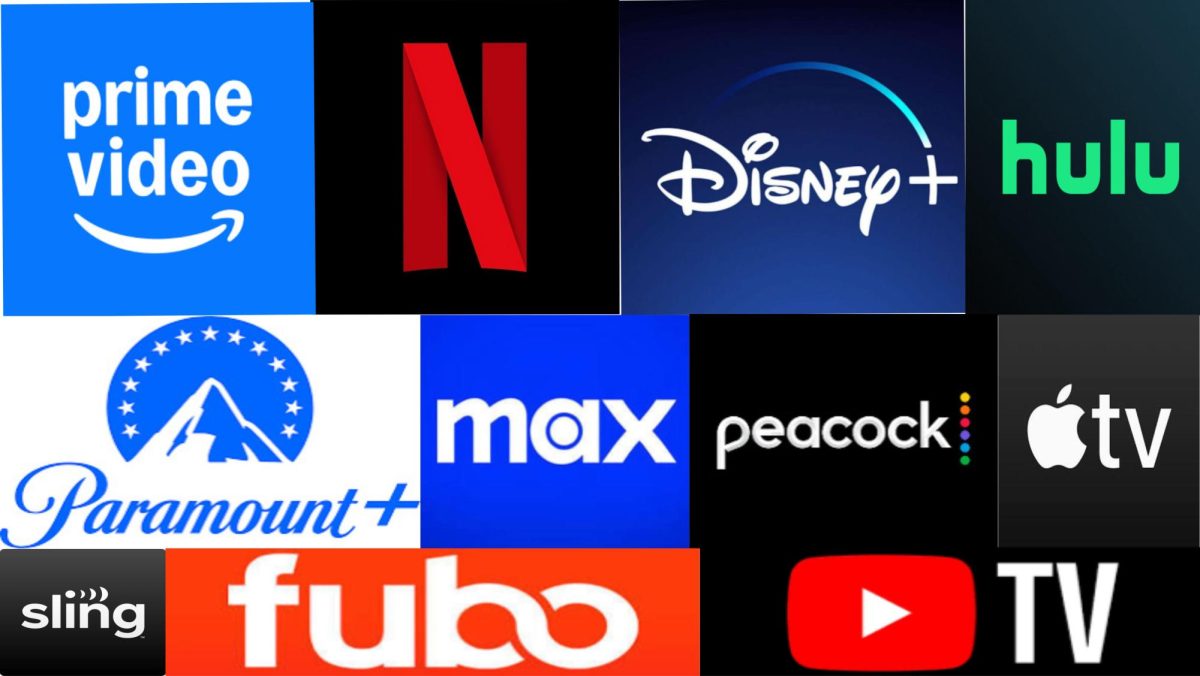In this economy, there is no doubt that it can be tough to get a job. Unpaid internships are alternatives that seem beneficial to everyone because the intern gets valuable working experience at no cost to the employer. There’s only one problem: most unpaid internships are technically illegal.
The United States Department of Labor (DOL) has outlined six strict criterion for an unpaid internship at a for-profit company. The internship must meet every guideline in order to be legal.
According to these criterion, the trainees cannot displace regular employees and must work under close observation. The employer also can not get any immediate advantage from the activities of the intern.
This means that all of an intern’s work has to be for practice. Filing papers or making a spreadsheet, for example, would not be permitted tasks for an unpaid intern to complete under the law, unless they were redone by a paid employee.
In addition to the two guidelines above, unpaid interns are required by law to receive training similar to that which would be given in a vocational school. The training must be for the benefit of the trainee, the trainee is not necessarily entitled to a job after the internship, and both the employer and intern must understand that there will be no wages.
The law, although clear, does not seem to stop people from breaking it because it is not enforced well. There are many employers that hire CHS students and other students every year for unpaid internships which violate at least one of the six criteria.
It is unknown whether the businesses are unaware of the law or just choose to ignore it because of low risk of getting caught. As bad as it is to intentionally break the law, these employers have the right idea. If the law were to be enforced more heavily, it would in fact do more harm than good.
In high school, experience is more important than pay. Although almost all students would prefer getting paid for their work, many businesses simply don’t have a budget that allows this. In many cases, a business might have the option of offering unpaid intern positions or no opportunities for students at all.
Students should know that if they are doing tasks for an unpaid internship that directly benefit the employer, like making copies and going out on coffee runs, they deserve to get paid minimum wage. However, students should also realize that the experience they are getting is probably very valuable, and the alternative to working and not getting paid might be not working at all.







